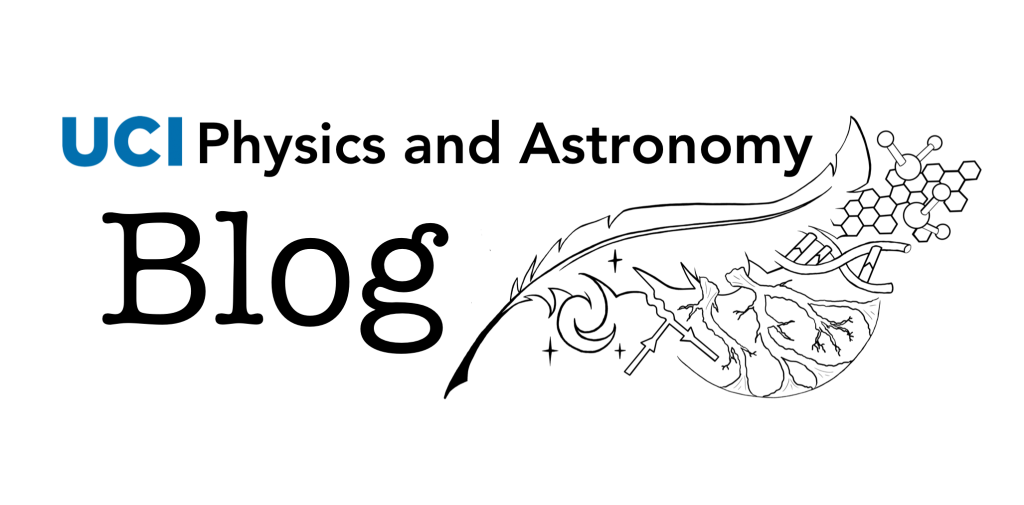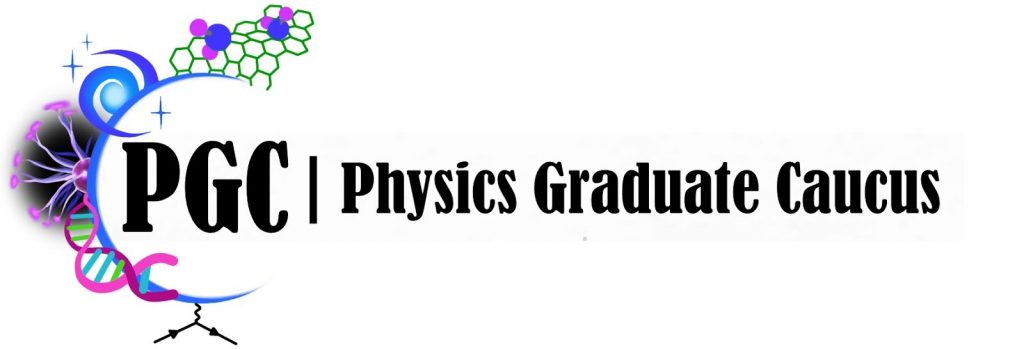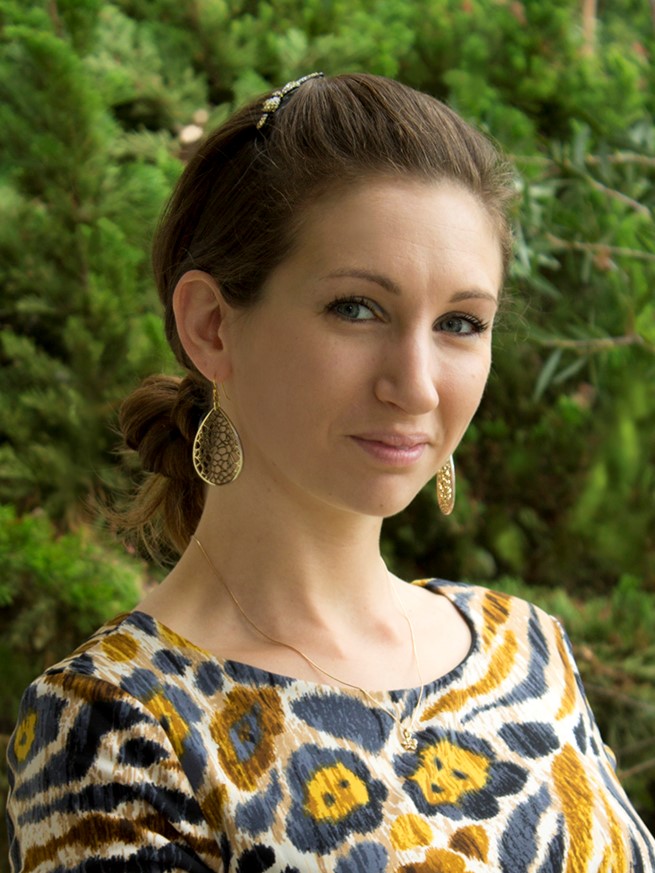Leslie Heid is a 2nd year Ph.D. student who completed the Mathematical, Computational, and Systems Biology (MCSB) gateway program at UCI during her first year. As part of the program, Leslie rotated into different research labs within the departments of Mathematics, Physics, Chemistry, or Computer Science, participating in one group per quarter. After her first year, Leslie had the choice of staying in MCSB or transferring to one of ten other UCI departments. She first learned of the program when searching for graduate schools within the fields of applied mathematics, biology, and physics. Because she has a family, including her 4-year-old daughter, she wasn’t able to move far away. The MCSB gateway program was close to home and gave her the ability to try different lab groups that are of interest to her. Through this experience, Leslie said she had the opportunity to learn biology, explore the sciences from a mathematical perspective, and ultimately decide what she wanted to do in her graduate career. In just over the course of one year, she was able to work on three different research projects and won UCI’s Grad Slam 2021 competition, all while spending her free time with her daughter and doing homework at night. She ultimately joined ChAMP (Chemical and Applied Materials Physics) to work in Dr. Chris Barty’s group studying laser physics.
During the Fall 2020 quarter, Leslie explored the field of Biomedical Engineering with Dr. Timothy Downing. She worked on identifying nascent DNA strands based on their methylation signatures. Specifically, she created a model that accurately reads in simulated data sets and identifies clustering algorithms. Her model is used for data analysis in the group and will eventually be included in future publications.
While only working with Dr. Downing for one quarter, Leslie decided to enter UCI’s 2021 Grad Slam event. Her presentation was titled “Quantifying DNA Methylation Pseudotime to Rewrite a Cell’s Fate” and can be viewed on the University of California’s official YouTube channel. When Leslie saw the Grad Slam advertisement, she read that contestants would receive public speaking coaching from a communication expert. Wanting to improve her public speaking skills, she entered the competition. Leslie said it was fun but nerve-wracking – and in the end she was crowned champion. Leslie says what helped her most was showing up to the Grad Slam info session, where the communication expert Bri McWhorter spells out exactly how your speech should go so that it’s concise, informative, and engaging. Leslie also emphasized the importance of practice and asking questions throughout the speech to keep the audience engaged.
Leslie’s winter quarter rotation was in Dr. Barty’s Physics laboratory. She mentioned she knew nothing about lasers when she started, but she was interested in the projects the group was currently doing. She worked with a graduate-peer mentor to create a cost effective, deep ultraviolet laser that is human safe and COVID killing. In the end, they were unsuccessful, but she fell in love with the lab, its people, and laser science.
Her last quarter rotation was in Dr. Elizabeth Read’s Chemical and Biomolecular Engineering laboratory. In this group, Leslie searched through relevant literature and created a list of experiments that could be performed to expand their understanding of a minute subset (< 1%) of post-replication DNA methylation patterns, which had intriguing, non-monotonic, reversible kinetic patterns. She then analyzed this data and found patterns of behavior based on genome proximity. Her lab is expanding upon her research and will publish in the near future.
Overall Leslie said she loved the experience of MCSB Gateway program. She said that the rotations helped her build self-confidence. She also loved experiencing different lab atmospheres and working with upper-level grad students. After her experience in Dr. Barty’s group, she officially transferred to UCI’s Physics and Astronomy department summer 2021, specifically within the ChAMP program.
Her current thesis is on Laser-Compton Scattering (LCS) cavity optimization. Leslie says LCS is a way to generate quasi-monochromatic, polarized, tunable x-rays and gamma-rays, which have applications in homeland security, medicine, and nuclear spectroscopy. Her work will be to design a cavity that recycles the light for multiple interactions with an electron beam, increasing output and reducing energy waste. It could also reduce the space needed for gamma-ray generation to within a university laboratory, making it more accessible and bringing an increase in scientific advancements in the field. Leslie says in the future, she’d love to stay in academia or work for NASA. She is also interested in the 2022 Psyche asteroid mission, which will be the first ever demonstration of deep space optical communications using lasers.


